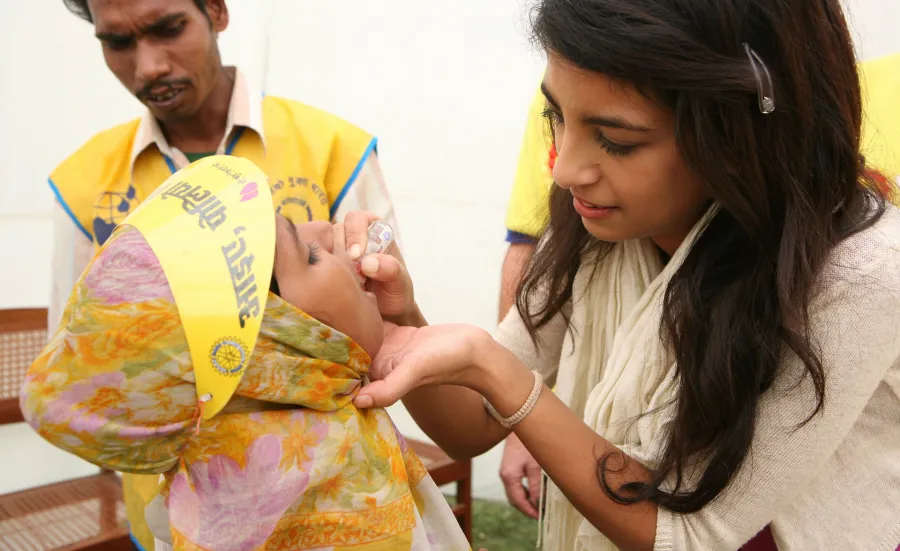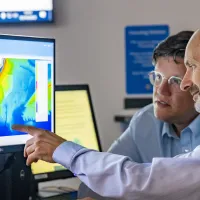Almost 10 million children worldwide are unvaccinated, putting them at risk of serious illness from diseases such as measles and polio. Southampton research group WorldPop is at the forefront of transforming global healthcare and vaccination initiatives. Over the last decade, WorldPop has worked in partnership with governments, UN agencies and philanthropic organisations to deliver a suite of data and mapping solutions. This innovative approach empowers nations to effectively monitor infectious diseases and administer vaccines to populations that were previously unreachable.
Protection from disease
Imagine a world where governments have no idea where their local populations are, so they don’t know how best to get vaccinations to those who need them. Until recently, this has been the situation in many parts of the world because traditional data sources, such as censuses and household surveys, are often outdated or incomplete.
Vaccines protect us from infectious diseases by working with our immune system, teaching it to recognise specific disease-causing bacteria or viruses. Children are particularly vulnerable to many infectious diseases, but for a children’s vaccination programme to be effective, it needs to reach a large proportion of the population.
World impacts
Today, WorldPop datasets are guiding strategic decisions of governments and health organisations worldwide. The team has collaborated with over 20 countries directly, as well as providing population data to inform global strategies for reducing the number of unvaccinated children. Through this work, WorldPop has supported numerous vaccination campaigns, including those for measles, polio, diphtheria, tetanus, pertussis and COVID.
In Nigeria, polio has been eliminated in recent years, preventing thousands of children from being paralysed due to this debilitating condition. The success of this vaccination campaign was supported by satellite-based population maps built by the WorldPop team, with estimated socio-economic benefits of between $46m and $154m for the country.
As well as directly supporting vaccination initiatives, WorldPop provides training programmes to empower governments to independently map their own populations effectively.
“Our aim is to enable countries to make sustainable progress in improving the health and wellbeing of their populations,” says Andy.










